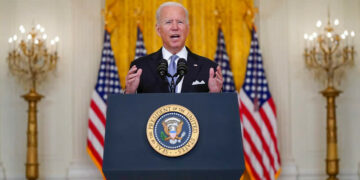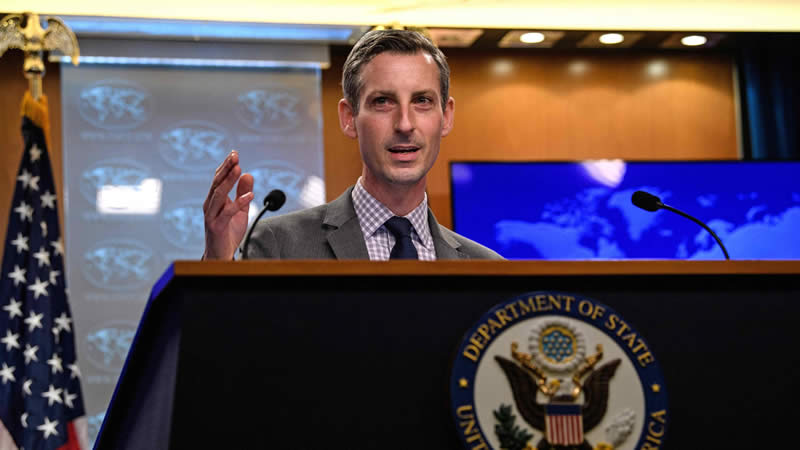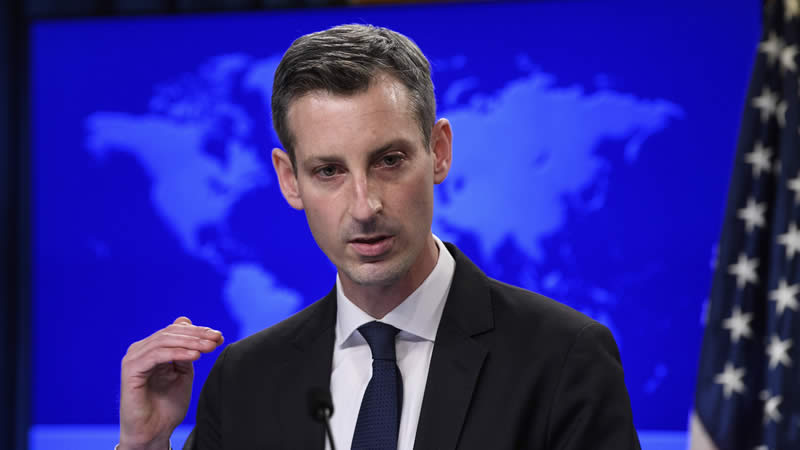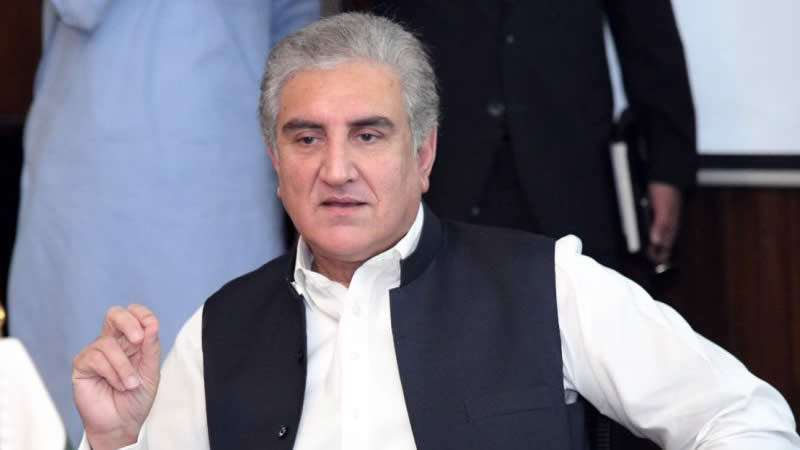 DAVOS, Switzerland (Reuters) – Canada’s central bank chief is unfazed by rising global food inflation, losing sleep instead over his country’s gaping current account deficit, which he has blamed partly on the strong currency.
DAVOS, Switzerland (Reuters) – Canada’s central bank chief is unfazed by rising global food inflation, losing sleep instead over his country’s gaping current account deficit, which he has blamed partly on the strong currency.
In an exclusive interview with Reuters Insider television on Thursday, Bank of Canada Governor Mark Carney said he sees little risk of rising global food prices creating inflationary pressures in Canada and is “quite comfortable” with keeping interest rates at their current historical lows.
Repeating a message he first stressed last week after the bank left its key interest rates unchanged, Carney said the biggest worry at the moment is Canada’s largest current account deficit on record.
“The thing that keeps me up at night a bit is that in this rebalancing of global demand, the Canadian current account has swung 6 percentage points of GDP in the last three years. We’ve gone from a 2 percent surplus to a 4 percent deficit,” he said.
Carney has previously blamed the high-flying Canadian dollar for two-thirds of that deficit.
Slowing exports to the United States combined with surging imports contributed to a third-quarter current account deficit that, as a percentage of GDP, was the biggest since the early 1990s.
Rather than talking down the currency, Carney has urged businesses hurting from the strong Canadian dollar to take action to win back their shrinking share of the U.S. market.
“We have a competitiveness problem in Canada. We need to boost productivity,” he said.
The recession, and the strong Canadian dollar has also created successive trade deficits in Canada, which for years recorded hefty surpluses on exports of energy and commodities.
But the trade gap narrowed unexpectedly in November, and Ottawa’s export credit agency on Thursday upgraded its forecast for merchandise export growth this year to 6.3 percent from 6 percent.
It said fresh stimulus by Washington would make U.S. consumers more likely to buy Canadian factory goods.
Still, only 41 percent of executive accountants were optimistic about the economic outlook, according to a survey by the Canadian Institute of Chartered Accountants and the Royal Bank of Canada.
Competitiveness is on lawmakers’ radar as Parliament resumes on Monday amid talk of a snap election over the minority Conservative government’s budget.
Prime Minister Stephen Harper says he is helping businesses compete by cutting their taxes, while the main opposition Liberal want those tax cuts repealed in favor of longer-term investments in education and innovation.
INFLATION SUBDUED
Inflation, on the other hand, appears to be a non-issue in Canada, with Carney saying it remained “subdued”. Overall consumer prices rose 2.4 percent in December, but core inflation, which strips out volatile items like food and energy, was just 1.5 percent.
The central bank targets 2 percent inflation. It kept its key rate unchanged at 1 percent last week and signaled it may keep rates there for some time.
“In Canada, we’re quite comfortable with the stance of monetary policy,” Carney said.
Carney said Canada is relatively immune to the soaring food prices that are stoking unrest in countries around the world and troubling policymakers.
“It’s a very vital issue for the world at large. From my perspective as a central banker, it’s something we watch but not something I’d say we’re terribly concerned about.” – Yahoonews











